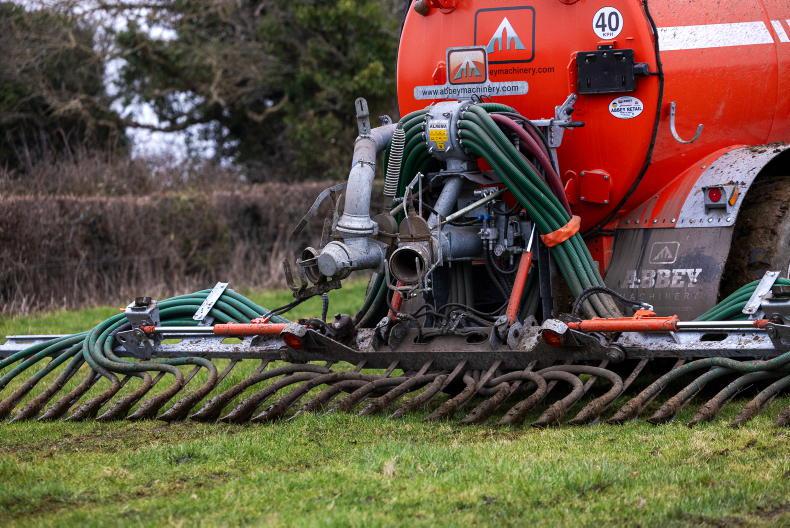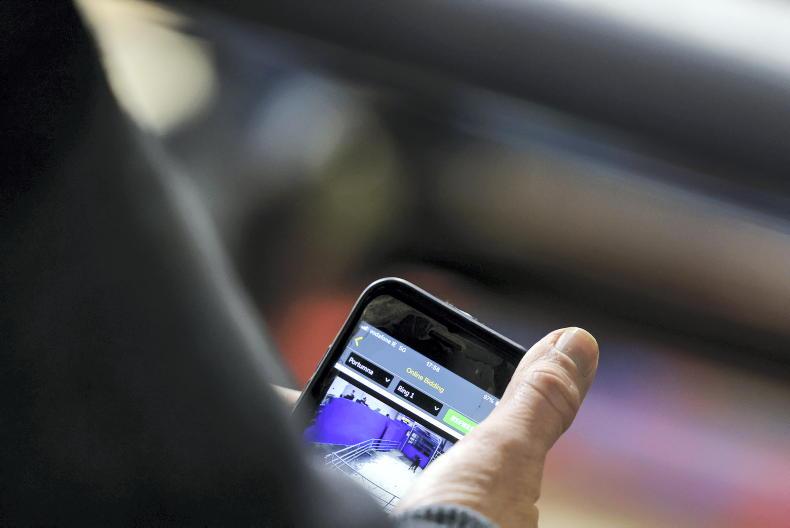The turning point was probably when both the German chancellor Angela Merkel and French president Emmanuel Macron refused to take UK prime minister Boris Johnson’s telephone calls. It is extraordinary that since the passing of the UK referendum to leave the EU, British pro-Brexit politicians have believed that at the end of the day, it would be the powerful individual member states that would break ranks and negotiate in their own interests rather than be fully represented in the negotiations by the EU Commission.
This attitude continued a well-established trend. About a year before the COVID-19 lock-down, I attended a briefing in London given by the then UK Secretary of State for the Environment, Food and Rural affairs who also has responsibility for agriculture. I was astonished to hear the Commission being dismissed as simply a civil service and that it was to be expected that after a few conversations with the main member states, the problems would be solved.
It is extraordinary that since the passing of the UK referendum to leave the EU, British pro-Brexit politicians have believed that at the end of the day, it would be the powerful individual member states that would break ranks
The idea of a common position being tortuously hammered out and being adhered to was simply not considered remotely likely. It was assumed, for instance, that the German car industry would effectively veto a hard Brexit and that Britain’s bargaining position would be much more powerful in the face of EU disunity. In fact, it has never come to that and it now seems inevitable that there will be a trade deal and a future relationship based on the common EU position rather than on the original illogical rantings of the prime minister.
Brexit will – of course – still happen and there will still be substantial costs for Ireland, which is well equipped to supply one of the great food importing nations of the world. The administrative costs, as well as, in the case of beef, the inevitable erosion by third country imports, will pose severe challenges for Irish producers.
Brexit will – of course – still happen and there will still be substantial costs for Ireland
But listening to the industry lobby organisation IBEC review 2020 and look forward to 2021, it was impossible not to be struck by the fact that Ireland is the only European country to record economic growth in 2020 and that exports, including food, medical equipment and pharmaceuticals, have actually grown this year, with favourable prospects for 2021. Beef is the real outlier and measures to help need to be developed quickly.










SHARING OPTIONS